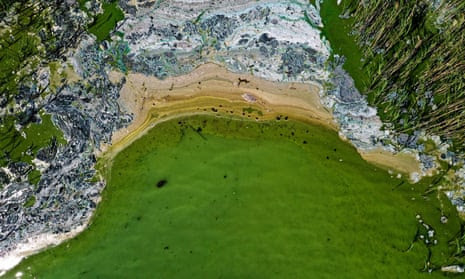
To combat global warming, scientists are increasingly using geoengineering to propose solutions. This involves developing and implementing techniques to manipulate and modify the Earth’s climate and environment.
One such geoengineering project, developed in New Mexico as part of a controlled stratospheric disturbance experiment called Scopex, is led by two Harvard University scientists, Franck Keutsch and David Keith, and funded by private foundations and billionaires including Bill Gates as part of a solar radiation management research program.
The Scopex project, launched in 2019, aims to inject particles at high altitudes to reduce the brightness of the sun’s rays, thereby lowering temperatures. The idea is to send a balloon twenty kilometers up into the atmosphere to release dust-like particles into the upper atmosphere, where they will affect the brightness and chemistry of the atmosphere.

Engineers want to cool the climate by injecting aerosols into the atmosphere, and after initially thinking of releasing sulfur particles, they are now opting for calcium carbonate. For climatologists, the only way to know the effects of this project on the climate would be to carry it out on a large scale over several decades.
However, modelling studies carried out on the injection of particles into the stratosphere point to significant risks of climate disruption, such as disruption of monsoons in Asia or drought in Africa.

Kawah Ijen Sulphur Mine, East Java, Indonesia
According to Olivier Bouchet, Director of Research at the CNRS, around 3 million tonnes of sulphur would have to be injected every year to cool the atmosphere by one degree and permanently, as sulphur or calcium carbonate aerosols have much shorter lifetimes than greenhouse gases, and these particles could also attack the ozone layer.As of August 2019, dozens of foundations and NGOs have signed a letter to the eight founding members of the Scopex project asking them to withdraw their participation. In 2011, the Spice project in the UK, which planned to inject particles into the stratosphere, was cancelled in the face of criticism.In 2022, more than 60 experts and scientists signed a letter expressing their fears about geoengineering projects. They called on governments and the United Nations to take action to prevent solar geoengineering from becoming a standard climate policy option on a global scale.They point to the risks this technique poses to current climate cycles, and to the development of plants and crops, should the effects of solar radiation be modified. Another risk of geoengineering is to give a false sense of victory and security against climate change, by dissuading governments and companies from pursuing their efforts to limit CO2 emissions.The letter also calls for the signing of an international non-use agreement to ensure that no actor can hold patent rights to these technologies.




